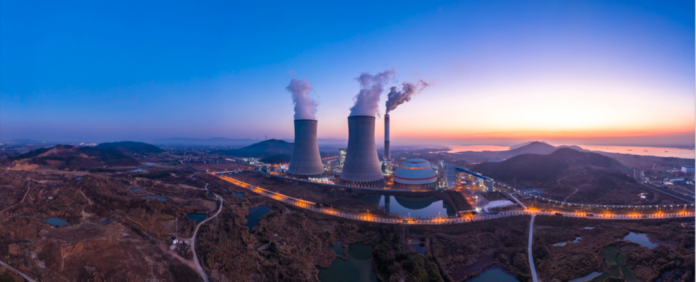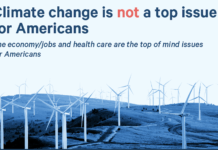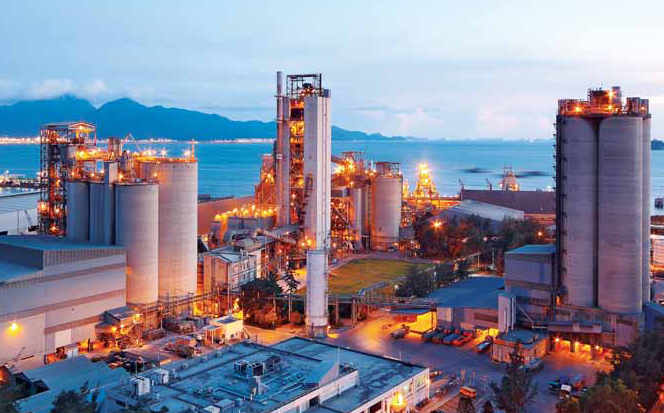
Nuclear energy is an important aspect of U.S. national security due to control of non-proliferation in the world and by providing long-lasting political and economic relationships between the U.S. and other nations. However, the current glob- al nuclear energy market growth is dominated by the Asia-centric state-sponsored enterprises. This situation raises concerns on the future U.S. export potential of nuclear energy and the stability of U.S. national security. Although the domestic energy demand growth is expected to have a slow growth, the global energy market has a growth potential with estimates of a total value of around $20 trillion by 2050. It is estimated that nuclear energy can capture ~5% of this dollar estimation with the markets focused in non-OECD countries.
There is an on-going transition from the traditional nuclear energy to functional advanced nuclear energy, where advanced nuclear energy options provide the flexibility in new functions aside from producing electricity. The developed next generation nuclear reactor portfolio com- poses of small-scale reactors to remote communities or businesses to large-scale nuclear energy options for baseload production along with feeding other industries, heat or hydrogen production as examples. Given the sufficient investment and support on the development of advanced reactors, they have the potential not to suffer from the cost and schedule delays that the traditional nuclear energy has been experiencing for a considerable time.
The U.S. government and private industry have the longest history of expertise in nuclear energy among other nations in the world. The historical expertise can enable U.S. to gain large shares in the international nuclear energy market with the successful and timely development and deployment of advanced nuclear energy options. The strengths and weakness of the U.S. nuclear energy companies/government and the opportunities and threats in achieving this goal is summarized below.
The biggest hurdles for a successful export of advanced nuclear energy in near future may be summarized under the following topics: 1) cost-competitive and sustainable nuclear energy, 2) first-of-a-kind challenge, and 3) stable and supportive policy environment. These hurdles with potential approaches to resolve them are provided below.
Meanwhile the developments are continuing in advanced nuclear energy, the U.S.: 1) needs to preserve the baseline domestic nuclear energy market and industry, 2) continue challenging the state-sponsored enterprises in the nuclear energy market arena, and 3) adapt the government and business strategies based on the capabilities and unique opportunities arising from advanced nuclear energy.
DOWNLOAD REPORT





